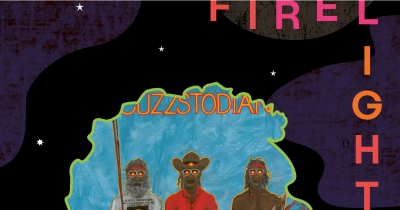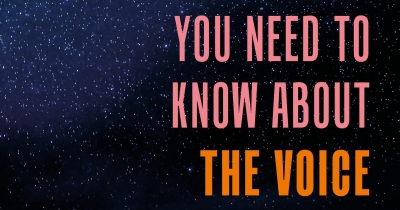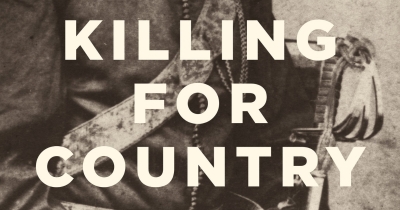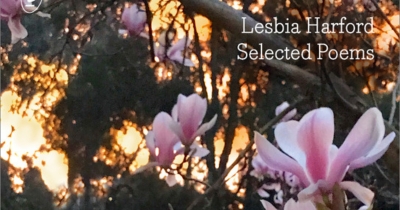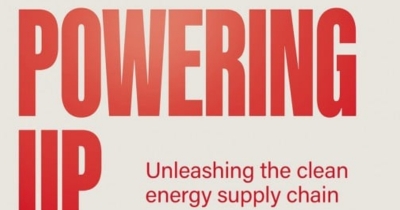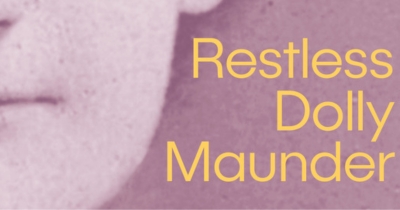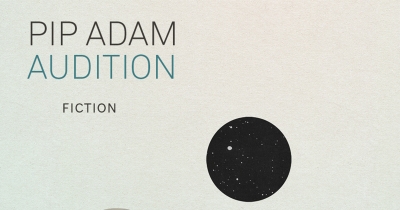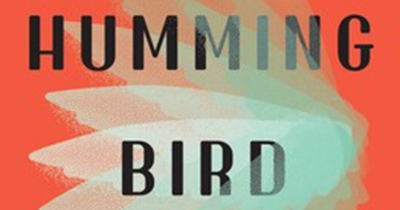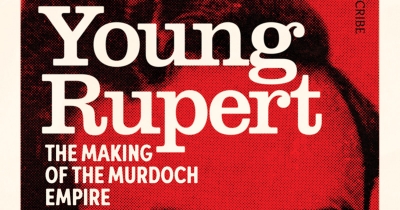Book of the Week
Sign up to Book of the Week and receive a new review to your inbox every Monday. Always free to read.
Recent:
The best literary short fiction gives the author an opportunity to stretch their limbs from poetry into abstraction, painting emotion in words without the need to make figurative or even internal sense. The story does not need to be a medium for delivering ‘story’, as such, but can become a container of emotion, for the feelings the artist intends to deliver. The emotion delivered by literary fiction teaches us to feel empathy for the characters, making the short form an effective empathy delivery vehicle.
... (read more)Everything You Need to Know About the Voice by Megan Davis and George Williams
As I read Everything You Need to Know about the Voice, I was acutely conscious of the significance of the timing – just weeks before Australians are due to vote in a referendum on whether we should establish a constitutionally enshrined First Nations Voice to parliament or not. Over the months leading up to the referendum, we have witnessed a significant rise in lies, disinformation, and misinformation, all intended to influence voters, and hence the outcome. This book provides timely and essential reading that rebuts the tide of misinformation.
... (read more)Forty-three years ago, David Marr – journalist, broadcaster, biographer, political commentator, and public intellectual – published his first book, a sharp, memorable biography of Garfield Barwick, former Liberal attorney-general and chief justice of the High Court. After the appearance of Patrick White: A life in 1991, long considered one of the best biographies ever written in Australia, he might well have followed the more predictable path of the serial biographer. But Marr’s trajectory has proved to be anything but predictable.
... (read more)In her short life, Lesbia Harford (1891–1927) created a body of poems which have become increasingly important to scholars and poets in understanding both the impact of poetic modernism in Australia and shifting concepts of gender, class, and the tensions between a personal and a collective politics. While Oliver Dennis’s 2014 Collected Poems of Lesbia Harford presents Harford’s full oeuvre, the new Text Classics edition, selected and introduced by Gerald Murnane, brings a sharp and accessible focus on this seminal Australian poet, highlighting her key themes and demonstrating a literary style that straddled worlds: from the formal structures and decorous themes of late nineteenth-century poetry to the challenges to form, voice, and subject matter that characterised the emerging revolutions of literary modernism.
... (read more)Powering Up: Unleashing the clean energy supply chain by Alan Finkel
Our planet is in trouble. Climate change is real. Widespread, tumultuous change has occurred in our atmosphere, oceans, biosphere, and cryosphere, driving weather and climate extremes, anomalies, and record heat across the globe. Already, the damage has been substantial. ‘[Climate change] has led to widespread adverse impacts and related losses and damages to nature and people’ (Sixth Assessment Report, UN Intergovernmental Panel on Climate Change, or IPCC). And the cause is well known. Decades of research and legions of scientists attest unequivocally that human-caused greenhouse gas emissions are causing global warming, threatening to precipitate unprecedented levels of global heating across the planet.
... (read more)In Restless Dolly Maunder, Kate Grenville weaves a fictional narrative around her grandmother, a woman she remembers as ‘aloof, thin, frowning, cranky’, and knew through her mother’s stories as ‘uncaring, selfish, unloving. Even a bit mad.’
... (read more)Trump's Australia: How Trumpism changed Australia and the shocking consequences for us of a second term by Bruce Wolpe
Having worked for the Democrats in the United States and as chief of staff to Prime Minister Julia Gillard, Bruce Wolpe has credentials. Few in Australia are better placed to examine the implications for Australia, and particularly the Labor government, of a possible Trump return in 2024.
... (read more)Myths about space travel have always been uncomfortably tangled with incarceration and exile. Author Manu Saadia has described the private plans of the current crop of hubristic billionaires as ‘carceral fantasies’. Despite science fiction’s recent utopian turn, there is no reason to believe that space colonisation will be anything but a repeat of the earthly version’s violent history. Giants, too, have a long mythology and once held a significant place in literature, from Atlas to Swift and Wilde; both burdensome and burden-carrying, they often have an outcast sadness. Pip Adam’s fifth book, Audition, brings these myths together.
... (read more)Spellbinding, genre-defying, and powerful in its vision of the future, Kate Mildenhall’s third novel, The Hummingbird Effect, interweaves four matrilineal narratives that span the years 1933 to 2181. Set in Footscray and its surrounds, including the Meatworks, Sanctuary Gardens Aged Care, and a futuristic Forest/Inlet/Island, the novel explores the central concern of ‘unmaking the world’ in order to ‘begin again’.
... (read more)Young Rupert: The making of the Murdoch empire by Walter Marsh
There is every reason for wanting to get to the bottom of Rupert Murdoch. It is arguable that he has done more than any modern individual to shape public life, policy, and conversation in those parts of the Anglosphere where his media interests either dominate or hold serious sway. His influence is richly textured, transformative. Beyond bringing a populist insouciance to his host of print and television properties, he is also unafraid of using his reach as a political weapon, a tactic used with such vehement ubiquity that governments pre-emptively buckle to what they suppose is the Murdoch line. Debate is thus distorted and circumscribed. Public anxiety is co-opted as a cynically exploited tool of sales and marketing.
... (read more)


